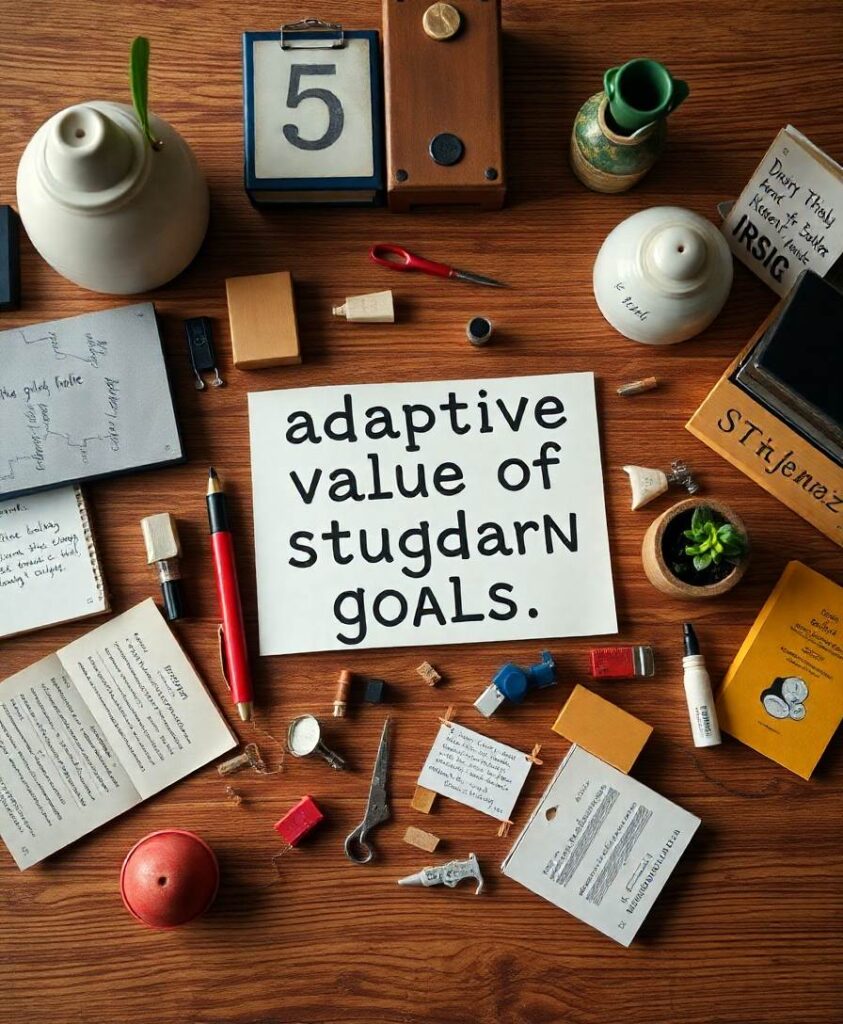The link between thinking time and the benefit of extra calculation grew stronger among higher-rated players, which fits with the idea that expertise changes how people evaluate where effort will pay off. The researchers also accounted for what each player actually knew at the moment of choice, strengthening the claim that thinking time reflects perceived value rather than irrelevant noise. A straightforward model that included the observable cost of delay reproduced key patterns from the data, suggesting the effect is grounded in measurable trade-offs.

For those interested in human potential and inclusive design, these findings point to a reliable marker of when people allocate mental effort and why. If thinking time scales with expected gains, tools and learning systems could be built to surface opportunities where extra deliberation will help, or to reduce costly delays when benefits are low. Follow the full article to explore how these patterns of computation relate to training, decision support, and widening access to effective planning skills.
Abstract
Human planning tends to be efficient, focusing on a relatively small number of options when considering future paths. Recent proposals have suggested that this efficiency reflects intelligent deployment of the limited resources available for planning. A prediction of this and related proposals is that when individuals spend time thinking should depend on the benefits and costs of additional computation. We tested this hypothesis by measuring how much time humans spent thinking before acting in over 12 million online chess games. Players spent more time thinking in board positions where additional computation was more beneficial. This relationship was greater in stronger players, and was strengthened by considering only the information available to the player at the time of choice. A simple model based on measuring the actual cost of spending time thinking in online chess was able to capture qualitative features of this relationship. These results provide evidence that the amount of time humans spend thinking is appropriately sensitive to the value of computation.



